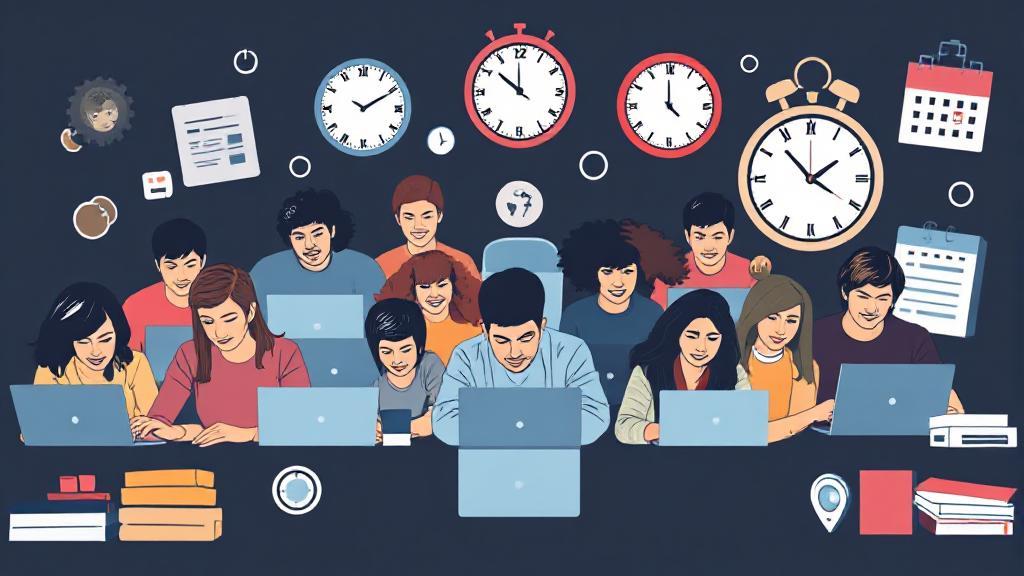Factors Influencing Learning Time
Several key factors affect how quickly someone can learn to code:
- Prior technical experience or background in mathematics, logic, or other programming languages
- Time commitment and dedication
- Learning method chosen
- Programming language selected
- Learning style and aptitude
- Project complexity goals
Learning Methods and Timeframes
Self-Taught Route
The self-taught path offers flexibility but requires strong self-discipline. Recommended resources include:
- freeCodeCamp (free, comprehensive curriculum)
- The Odin Project (free full-stack curriculum)
- Codecademy (interactive learning platform)
Time estimate: 8-24 months for job readiness
Coding Bootcamps
Intensive programs like those offered by General Assembly or Le Wagon can teach you the basics quickly.
Time estimate: 3-6 months full-time, 6-9 months part-time
Computer Science Degree
Traditional education route providing comprehensive theoretical foundation:
Time estimate: 4 years full-time
Proficiency Levels and Timeline
Beginner Level (2-4 months)
- Basic syntax
- Variables and data types
- Control structures (if/else statements, loops)
- Simple functions
- Basic debugging
Intermediate Level (6-12 months)
- Object-oriented programming
- Data structures and algorithms
- Database management
- Version control (Git)
- Framework basics
Advanced Level (2+ years)
- Mastery of multiple languages
- Complex systems and architecture
- Deep understanding of software design patterns
Programming Languages Learning Timelines
| Language | Basic Proficiency | Professional Level |
|---|---|---|
| HTML/CSS | 1-2 months | 6-8 months |
| JavaScript | 3-4 months | 1-2 years |
| Python | 2-3 months | 1-1.5 years |
| Java | 4-5 months | 1.5-2 years |
Tips for Accelerating Your Learning
Best Practices
- Code daily
- Build real-world projects
- Join coding communities like Stack Overflow or local meetups
- Read documentation
- Contribute to open source
"The only way to learn a new programming language is by writing programs in it." - Dennis Ritchie
Practice Platforms
Measuring Progress
Track your progress through:
- Completing coding challenges
- Building portfolio projects
- Contributing to open source
- Passing technical interviews
- Receiving peer feedback
Continuous Learning
Programming is a field of continuous learning. Even experienced developers spend time:
- Learning new technologies
- Improving existing skills
- Adapting to industry changes
- Exploring best practices
Remember that everyone's learning journey is unique, and comparing your progress to others' can be counterproductive. Focus on consistent improvement and practical application of your skills.
